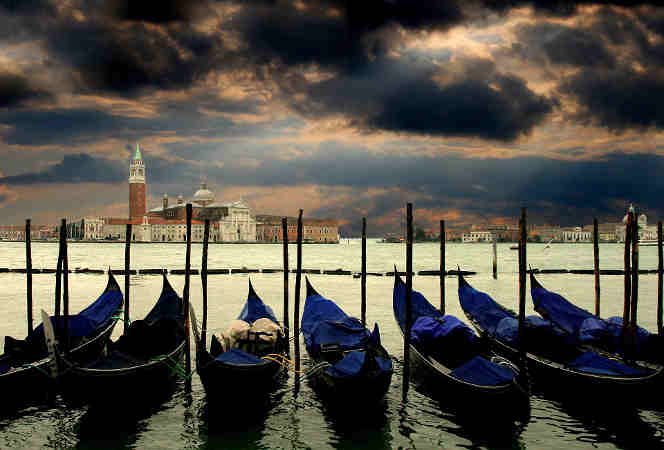
Every country has its own sayings, and Italy is no exception.
Italian sayings are common expressions, passed down from one generation to another, that express a fact that is considered to be true because of experience or common sense.
There are many Italian sayings that are generally used in everyday speech. Many of these are also metaphorical, so their meaning cannot be easily guessed.
In this article, I explain the supposed origin and the meaning of five common Italian sayings.
A caval donato non si guarda in bocca
In the past, horses were a luxury that only rich people could afford.
The price was set according to the horse’s age: a younger horse costed much more than an older one.
The purchasers usually estimated the age of an horse by looking at its teeth.
However, if a horse came as a gift, it was considered very rude to inspect the horse’s teeth in order to establish its age.
From this comes the Italian saying a caval donato non si guarda in bocca.
This proverb means that you shouldn’t be ungrateful to someone who gives you a gift.
Esempio:
– Anna, hai aperto il regalo di Francesco?
– Anna, did you open Francesco’s gift?
+ Sì, è un maglione…marrone! Non mi piace neanche un po!
+ Yes, it’s a brown sweater! I don’t like it one bit!
– A caval donato non si guarda in bocca
– You shouldn’t look a gift horse in the mouth
Campa cavallo che l’erba cresce
Among Italian sayings there’s at least one more which concerns horses and is very common: campa cavallo che l’erba cresce.
Often shortened into Campa cavallo, this saying comes from an anectdote.
A poor man was dragging his tired horse along a rocky road where only really few blades of grass grew. Each time the horse seemed to faint, the man tried to spur it saying: “Don’t die yet. Hang in a little bit longer, at least until the grass will grow and you will be able to eat”.
The Italian saying campa cavallo che l’erba cresce means that you’ll have to wait a long time before the thing you’re waiting for will happen.
Esempio:
+ Allora, Marco ti ha restituito il prestito?
+ Well, did Marco pay you back?
– No, mi ha detto che me lo ridarà il mese prossimo
– No, he told me that he’s going to pay me back next month
+ Sììì, campa cavallo!
+ Yeah, that’ll be the day when the cows come home
L’abito non fa il monaco
In the Middle Ages there were many travelers and a good number of them were monks.
Thanks to their religious role, monks were hosted and respected everywhere.
So, to get the same treatment, some criminals used to dress just like monks.
From here it comes the saying l’abito non fa il Monaco, meaning that appearences can be deceiving. You cannot judge the quality or character of someone just by their appearance.
Esempio:
+ Credevamo fosse un senza tetto e poi abbiamo scoperto che era un milionario
+ We thought he was a homeless and then we discovered he was a millionaire
– Quante volte te l’ho detto? L’abito non fa il Monaco
– How many times did I tell you? You can’t judge a book by its cover
Chi va con lo zoppo impara a zoppicare
Unfortunately, I couldn’t find the origins of this saying.
This Italian proverb is sometimes shortened into Chi va con lo zoppo and means that if you hang out with people with bad habits, sooner or later you’ll end up behaving in the same way.
Esempio:
+ Ti ricordi Riccardo? Beh è stato arrestato per rapina!
+ Do you remember Riccardo? Well, he’s been arrested for robbery!
– Non sono per niente sorpresa. Frequentava brutte compagnie. Chi va con lo zoppo…
– I’m not surprised at all. He hanged out with the wrong crowd. If you sleep with dogs you’ll wake up with fleas.
Chi dorme non piglia pesci
It’s commonly believed that it’s easier for fishermen to catch fish early on in the morning. But, in order to do so, they also have to have a lot of patience and make a lot of efforts, otherwise they’d end up without any fish at all.
So, the Italian proverb chi dorme non piglia pesci means that lazy people get nowhere in life.
Esempio:
Sveglia! Chi dorme non piglia pesci!
Weak up! The early bird gets the worm!
Did you already know these five Italian sayings?
Credits
Original image by makunin




 Visit Venice – Mysterious places to see
Visit Venice – Mysterious places to see

